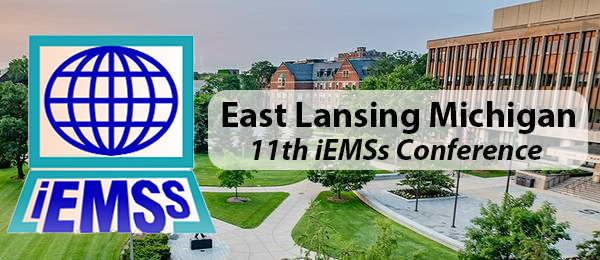Keywords
agent-based model; decision-making; land and housing markets; MR POTATOHEAD
Start Date
6-7-2022 9:20 AM
End Date
6-7-2022 9:40 AM
Abstract
In this paper, we present an Agent-Based Land Market Model (ABM/LMM) to simulate the complex system of land and property markets, motivated by the recognized suitability of ABMs for modelling these markets. Our ABM/LMM is based on the precepts, concepts and techniques from computer simulation science and economics. It was developed using a collectively designed template for agent-based models of land and housing markets, “MR POTATOHEAD: Property Market Edition,” co-developed by six international teams of complex systems economists. Thus this model can form the kernel for a reusable and flexible code for ABM/LMM land and housing market simulations, as it represents a full suite of developer, investor, land owner, and residential buyers, sellers, and renters agents, following a boundedly rational process of logical reasoning based on incomplete information and limited rationality, in an out-ofequilibrium context with a strong heterogeneity of the agents. Our approach is suited to the geographical context of Corsica (a French Mediterranean Island) but is sufficiently flexible to be adapted to others similar contexts. For this case study, the local state variables of the agents (data, attributes, and methods) come from hedonic regression, spatial econometrics and focus groups. However, as the conceptual model and code design are highly modular, alternative theoretical or empirical decision models/parameterizations could easily be “swapped out”. For next steps, we plan to translate this model to the context of Waterloo Region, Ontario, using existing spatial econometrics and qualitative models developed for that location. Like many locations around the world, both locations face pressing housing affordability challenges and require the development of creative planning solutions that can harness land and housing market forces to ensure sustainable housing development. Thus, our modular modelling environment may offer other municipalities the opportunity to use agent-based modelling to support land development and housing policy.
A reusable, extensible Netlogo building block of land and housing markets in a touristic region
In this paper, we present an Agent-Based Land Market Model (ABM/LMM) to simulate the complex system of land and property markets, motivated by the recognized suitability of ABMs for modelling these markets. Our ABM/LMM is based on the precepts, concepts and techniques from computer simulation science and economics. It was developed using a collectively designed template for agent-based models of land and housing markets, “MR POTATOHEAD: Property Market Edition,” co-developed by six international teams of complex systems economists. Thus this model can form the kernel for a reusable and flexible code for ABM/LMM land and housing market simulations, as it represents a full suite of developer, investor, land owner, and residential buyers, sellers, and renters agents, following a boundedly rational process of logical reasoning based on incomplete information and limited rationality, in an out-ofequilibrium context with a strong heterogeneity of the agents. Our approach is suited to the geographical context of Corsica (a French Mediterranean Island) but is sufficiently flexible to be adapted to others similar contexts. For this case study, the local state variables of the agents (data, attributes, and methods) come from hedonic regression, spatial econometrics and focus groups. However, as the conceptual model and code design are highly modular, alternative theoretical or empirical decision models/parameterizations could easily be “swapped out”. For next steps, we plan to translate this model to the context of Waterloo Region, Ontario, using existing spatial econometrics and qualitative models developed for that location. Like many locations around the world, both locations face pressing housing affordability challenges and require the development of creative planning solutions that can harness land and housing market forces to ensure sustainable housing development. Thus, our modular modelling environment may offer other municipalities the opportunity to use agent-based modelling to support land development and housing policy.



Stream and Session
false